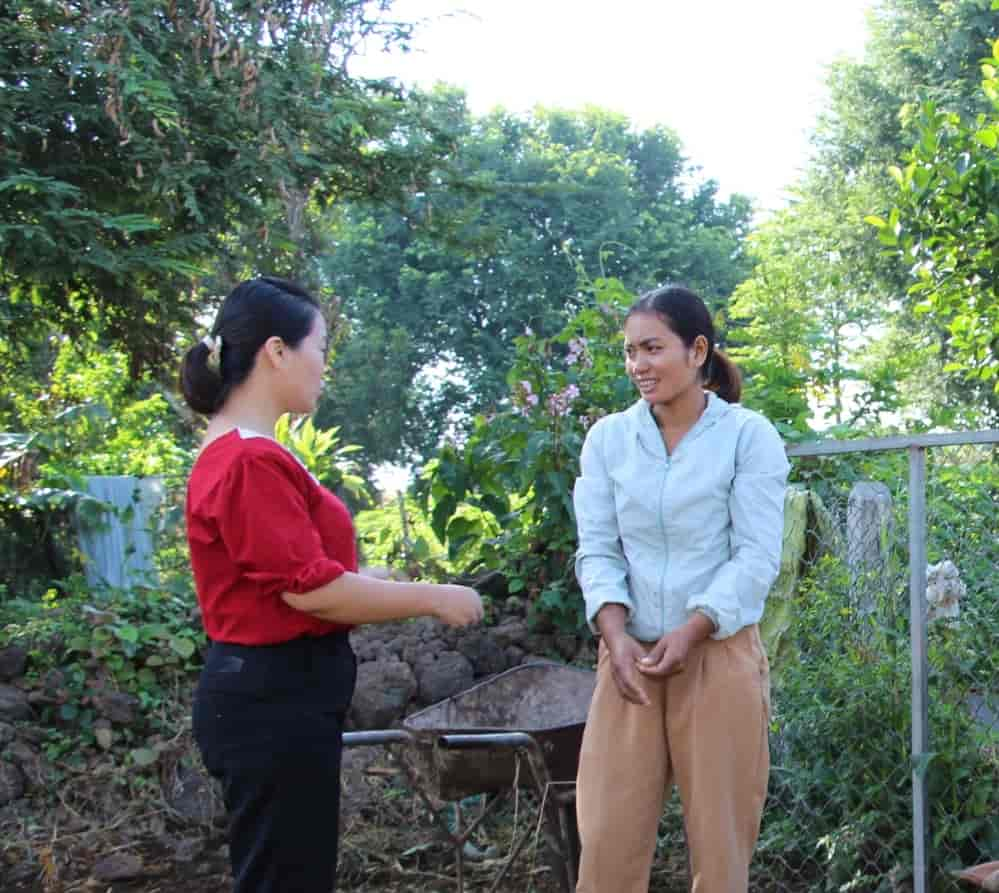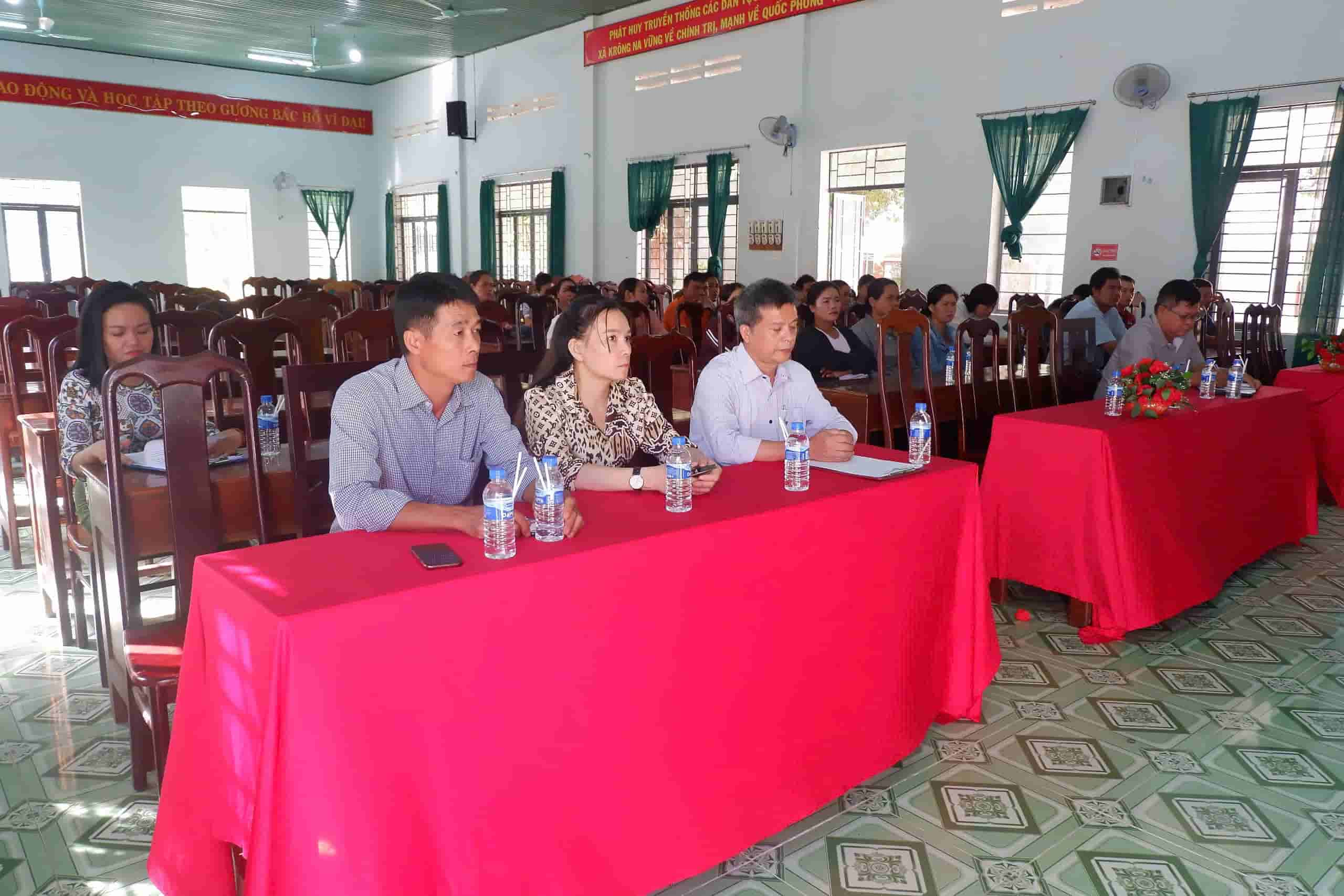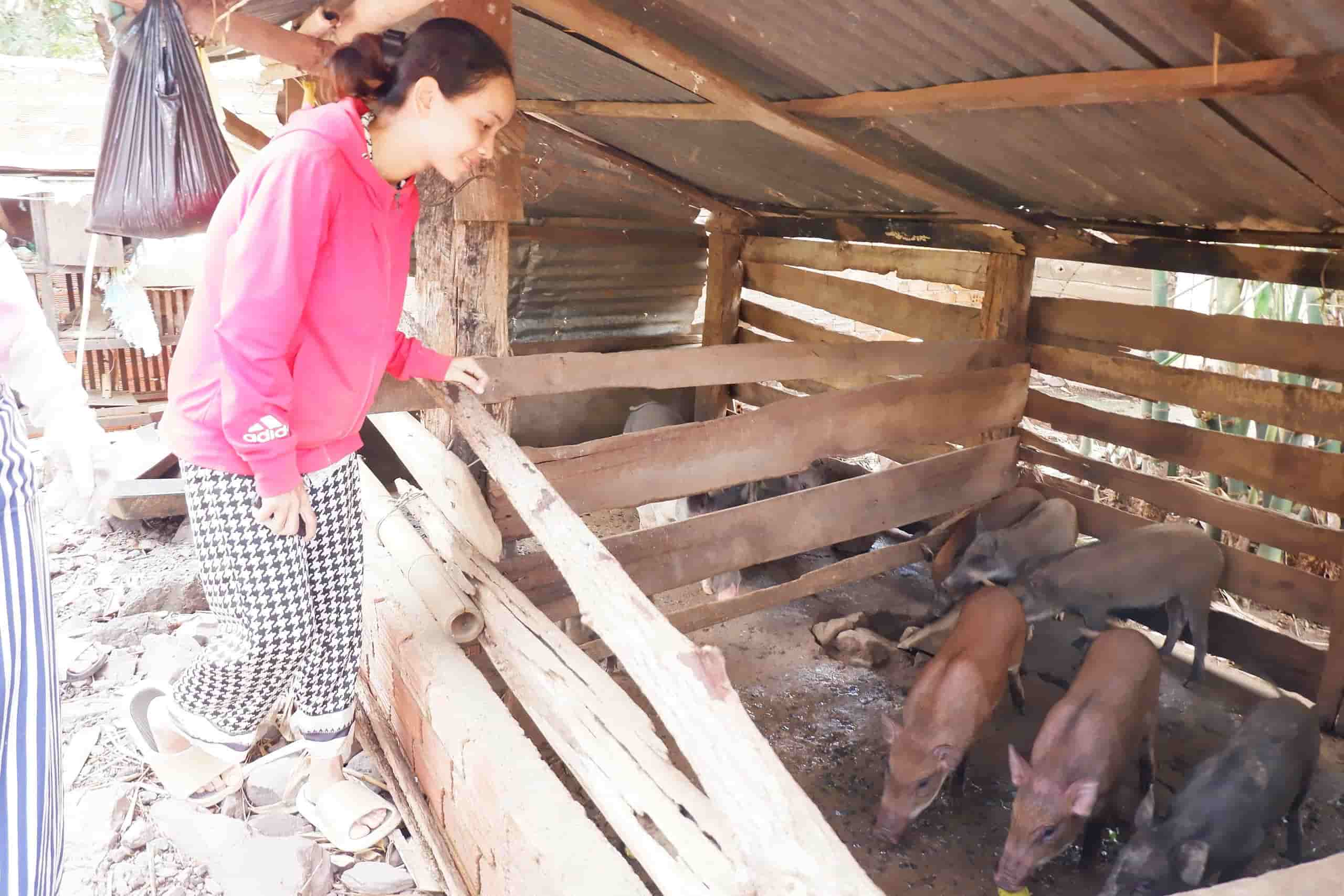Supporting employment, production and business
Through the implementation of Sub-project 3 under Project 5 of the National Target Program, Buon Don district has developed policies focusing on vocational training associated with practical needs.
In particular, Buon Don district has supported production development and promoted labor export. These efforts not only help people increase their income but also contribute to stabilizing their long-term lives.
According to the People's Committee of Buon Don district, up to now, Buon Don has created jobs for 1,873 workers, reaching nearly 70% of the annual plan.
This result shows the clear effectiveness of creating livelihoods and sustainable poverty reduction, especially in areas with a large population of ethnic minorities.

A bright spot in the district's employment policy is supporting the development of high-tech agricultural production models.
A typical example of this is the cross-coorder pig farming model implemented by an ethnic group of women in Ea Huar commune, bringing clear economic efficiency. In addition, the district also implemented a fruit tree growing model according to VietGAP standards in Ea Wer and Tan Hoa communes, with a total area of 39 hectares.
Key crops include oranges, tangerines, green-skinned grapefruits and Huong Chi longan, contributing to increasing income and creating sustainable jobs for local people.

In addition, in Ea Nuol and Ea Bar communes, where there are many ethnic minorities, Buon Don district has supported plant varieties and fertilizers to build production models according to the value chain.
Supervising effective vocational training activities
Along with developing production, Buon Don district also focuses on vocational training for rural workers. Mr. Y Thi Sat Ksor - Vice Chairman of the District People's Committee said that the government is strengthening supervision of the activities of Vocational Education - Continuing Education Centers to ensure the enrollment process and opening vocational training classes are transparent and targeted, avoiding taking advantage of policies for profit.

The leaders of Buon Don district also emphasized the importance of vocational training associated with the actual needs of the labor market and learners.
Strengthening the connection between training institutions, enterprises and labor export units is considered a key solution to ensure after-training output, avoiding waste of resources.
A noteworthy point is that Buon Don district has proactively arranged local budget sources to entrust through the Social Policy Bank, supporting workers to borrow capital to solve employment or participate in labor under contracts abroad.

Labor export is identified as an effective direction to help ethnic minority workers improve their skills, increase their income and gradually escape poverty.
In recent times, Buon Don district has been gradually building a sustainable employment ecosystem for workers, especially ethnic minorities, who are facing many difficulties in accessing training and employment opportunities.
This is an important foundation for the district to realize the goal of comprehensive socio-economic development and sustainable poverty reduction in the coming time.











